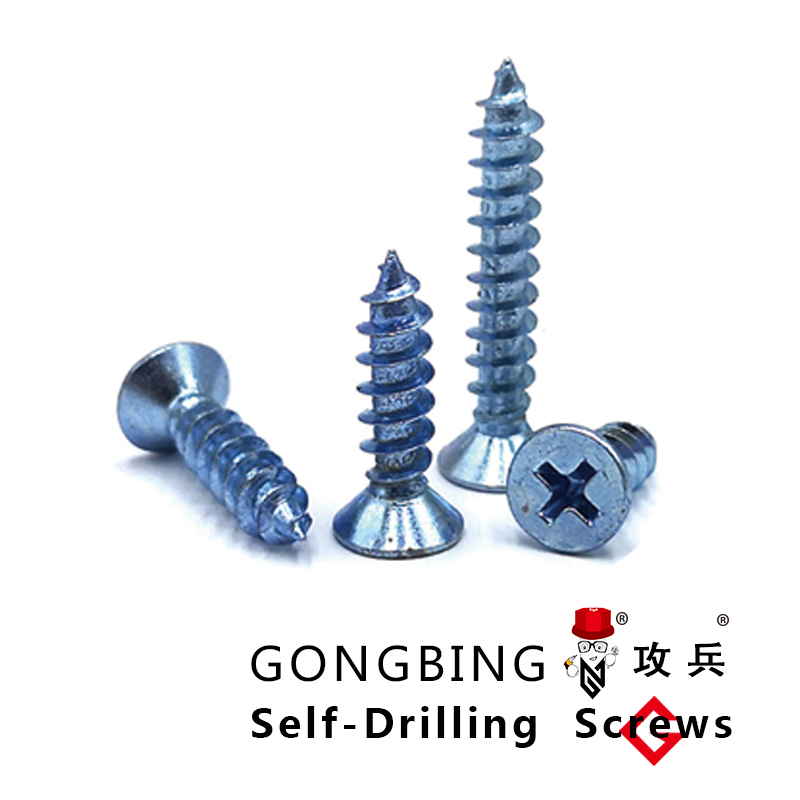structural fasteners
Understanding Structural Fasteners The Unsung Heroes of Construction
In the realm of construction and engineering, structural fasteners are essential components that play a pivotal role in ensuring the stability, safety, and durability of structures. Often overlooked, these components are the unsung heroes that hold everything together, from the framework of skyscrapers to the intricate connections in bridges.
What Are Structural Fasteners?
Structural fasteners are mechanical devices used to join two or more structural elements together. They include a wide range of products such as bolts, screws, nuts, washers, rivets, and anchors. Each type of fastener serves a specific purpose, depending on the materials being joined and the functional requirements of the structure.
1. Bolts Bolts are threaded fasteners that typically consist of a shaft with a head on one end and a threaded tail on the other. They are often used in applications where strong connections are required. Various types of bolts are available, including hex bolts, carriage bolts, and anchor bolts, each designed for specific uses.
2. Screws While similar to bolts, screws usually are designed to be inserted into pre-threaded holes or materials. They come in various forms, including wood screws, sheet metal screws, and machine screws, and they provide versatile joining capabilities.
3. Nuts Nuts work in tandem with bolts. They are typically hexagonal fasteners with a hole in the center that fits onto the bolt's threaded shaft. When tightened, nuts clamp down on the materials being joined, securing the connection.
4. Washers Washers are flat disks with a hole in the center used to distribute the load of a fastener. They help prevent damage to the material being fastened and can also serve as spacers or seals.
5. Rivets Rivets are permanent fasteners typically used in heavy-duty applications, such as steel structures and aircraft. They are installed by deforming the tail of the rivet to create a lasting connection.
6. Anchors Anchors are specialized fasteners designed to secure objects to a surface, usually in masonry or concrete. There are various types of anchors, including expansion anchors, screw anchors, and adhesive anchors, each suitable for different conditions.
Material Selection and Properties
structural fasteners

The effectiveness of structural fasteners is greatly influenced by the materials from which they are made
. Common materials include steel, stainless steel, aluminum, and brass.- Steel is the most widely used material due to its high strength and durability. It can be further categorized into various grades, with higher grades offering increased strength and corrosion resistance.
- Stainless steel fasteners are ideal for environments susceptible to corrosion, such as coastal areas or chemical plants. They provide excellent durability and aesthetic appeal.
- Aluminum is lightweight and corrosion-resistant, making it a popular choice in applications where weight savings are critical, such as in aerospace and automotive industries.
- Brass fasteners are often used in decorative applications and for their resistance to corrosion but have limited strength compared to steel and aluminum.
The Importance of Quality
The quality of structural fasteners is a paramount concern in construction and engineering. Lower-quality fasteners can lead to structural failures and safety hazards. It is vital to adhere to industry standards and certifications, such as the American Society for Testing and Materials (ASTM) and International Organization for Standardization (ISO), to ensure that fasteners meet the required performance criteria.
Installation and Maintenance
Proper installation techniques are crucial for the effectiveness of structural fasteners. This may involve torque specifications, appropriate thread lubrication, and understanding the material properties of joined components. Regular inspections and maintenance of fastened connections are also essential to prevent wear and corrosion over time, ensuring long-term structural integrity.
Conclusion
In conclusion, structural fasteners are critical components in creating safe and durable constructions. Their variety and specialized uses highlight their significance in engineering and architectural design. By understanding the different types of fasteners, their materials, and the importance of quality and maintenance, stakeholders in construction can ensure robust and lasting structures that stand the test of time. While they may be small in size, the impact of structural fasteners is monumental, making them indispensable in the world of construction.
-
Weatherproof Plastic Expansion Anchors for OutdoorNewsJun.06,2025
-
Sustainability in the Supply Chain: Eco-Friendly TEK Screws ProductionNewsJun.06,2025
-
Load-Bearing Capacity of External Insulation FixingsNewsJun.06,2025
-
Double Head Bolts: Enhancing Efficiency in Industrial MachineryNewsJun.06,2025
-
Corrosion Resistance in Chipboard Screws: Coatings for Wholesale DurabilityNewsJun.06,2025
-
Butterfly Toggle Bolts : Enhancing Structural ResilienceNewsJun.06,2025
